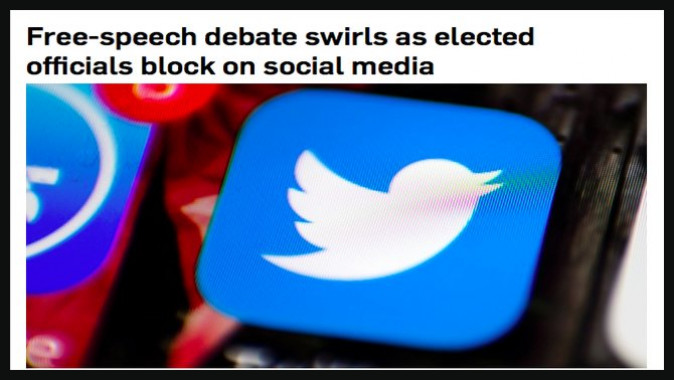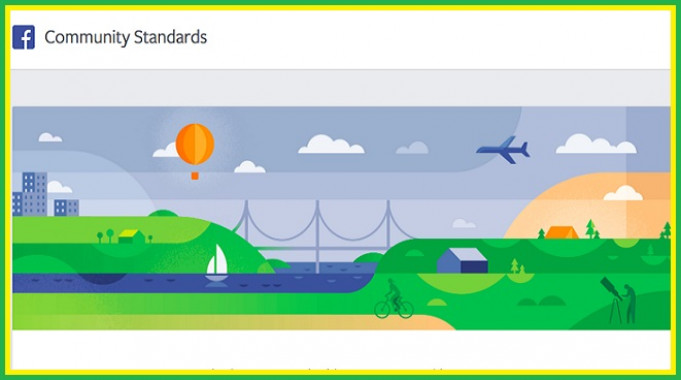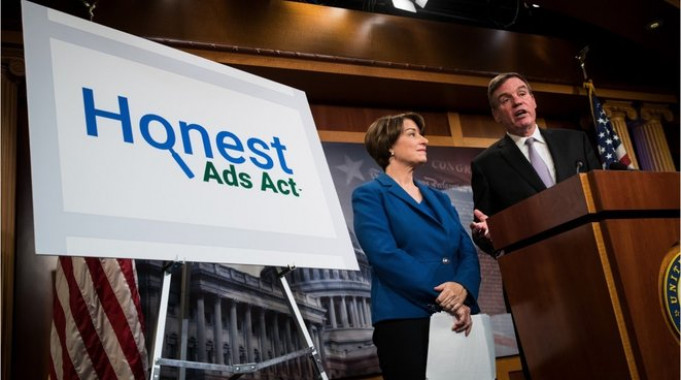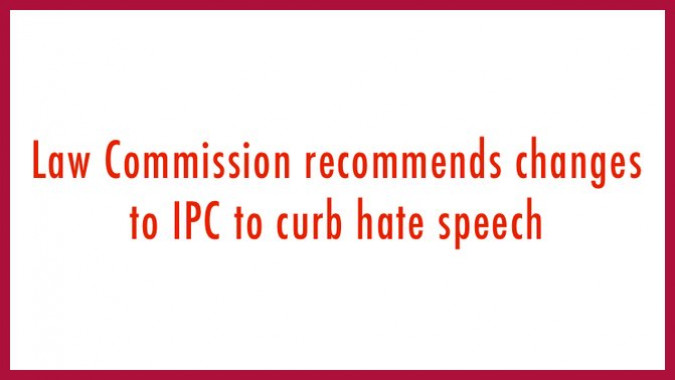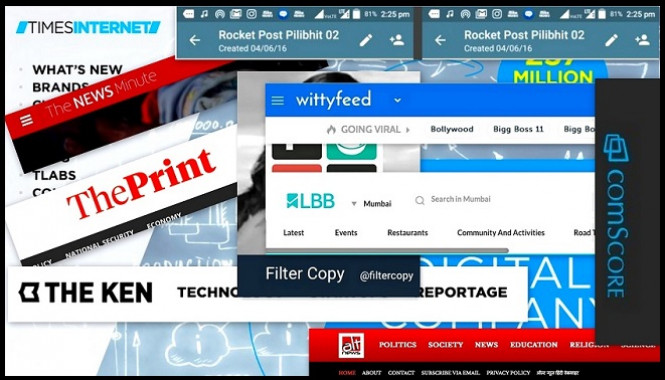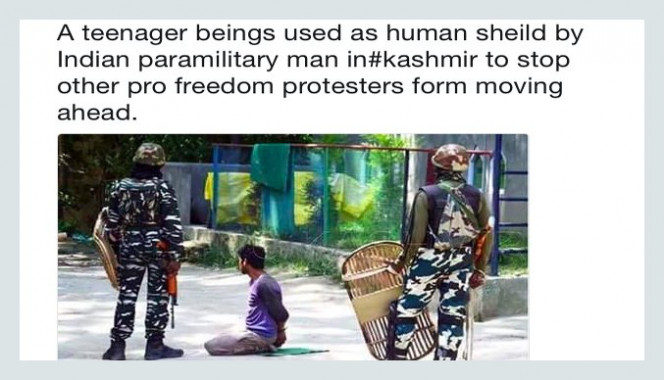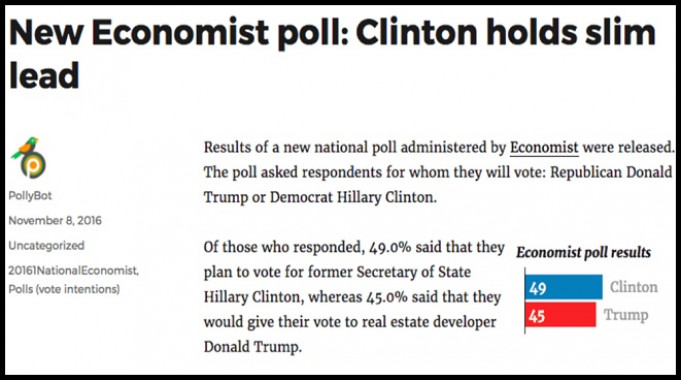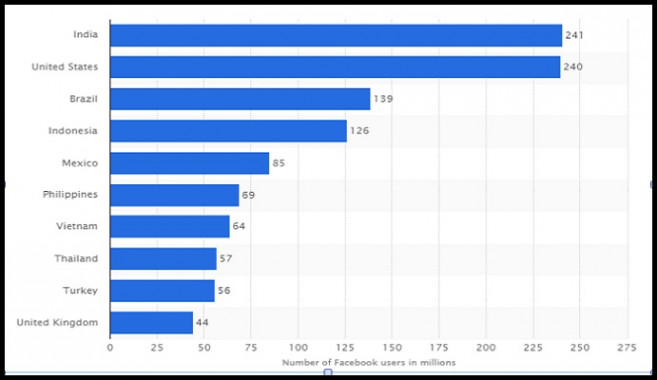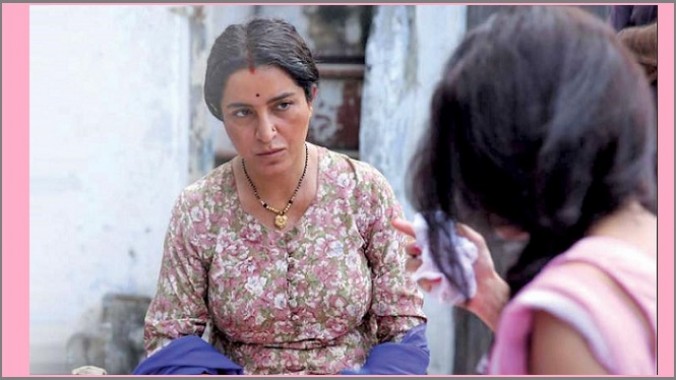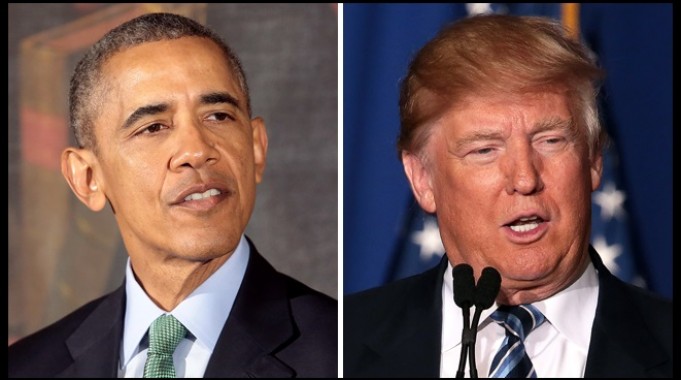IN DIGITAL MEDIA
|17/12/2017
This is the paradox of social media as a tool for political dissent: Exercising freedom of expression is easier than ever before, but so is censorship.
BY GEETA SESHU|
IN CENSORSHIP
|21/11/2017
Accounts that are satirical, expose hate speech, or are totally harmless are being blocked for ‘violating’ Facebook guidelines.
BY SEEMA SIROHI|
IN DIGITAL MEDIA
|25/10/2017
Last week, three senators introduced “The Honest Ads Act” to regulate political advertising on the Internet and plug the gap in existing laws.
BY PRASHANT REDDY THIKKAVARAPU|
IN LAW AND POLICY
|15/10/2017
The new hate speech provisions will apply only when likely to incite an offence or threaten public order. But making them cognizable is a cause for worry,
BY THE HOOT|
IN MEDIA BUSINESS
|09/10/2017
Publishers are losing direct traffic, regional language sites see an uptick, WhatsApp is India’s largest media consumption platform, and start-ups find that millennials are willing to pay for news.
BY MOAZUM MOHAMMAD|
IN DIGITAL MEDIA
|05/09/2017
The two “objectionable” tweets included a photograph in which security forces have made a youth a human shield to prevent protests.
BY ANDREAS GRAEFE|
IN DIGITAL MEDIA
|04/09/2017
As a researcher and creator of automated journalism, I’ve found that computerized news reporting can offer key strengths. I’ve also identified important weaknesses,
BY JEFF JOSEPH PAUL KADICHEENI|
IN DIGITAL MEDIA
|16/08/2017
Facebook now has more active users in India than in the US, more than sixty per cent of them young males. But the numbers are yet to translate into revenue.
BY MANJULAA|
IN SPECIAL REPORTS
|27/07/2017
Short films have taken time to get to centrestage in India but looks like they are here to stay,
BY JASON HANNAN|
IN DIGITAL MEDIA
|22/07/2017
Our dominant media shape not just content, but the entire affective structure of public discourse,
Subscribe To The Newsletter


